Random thoughts, musings and things I think are interesting…
-

Day 27 – Uncle Johnny’s Hostel to a stealth site right past Beauty Spot
So about last night. After I posted (from the tap room) hilarity ensued. We ended up forming a trivia team (Serenity Now! – our captain, T-bone, is a huge Seinfeld fan), losing badly, taking an unscheduled shuttle trip to Bojangles (hiker hunger is real!) where we heard stories of accepting hitches from kidnappers and then…
-
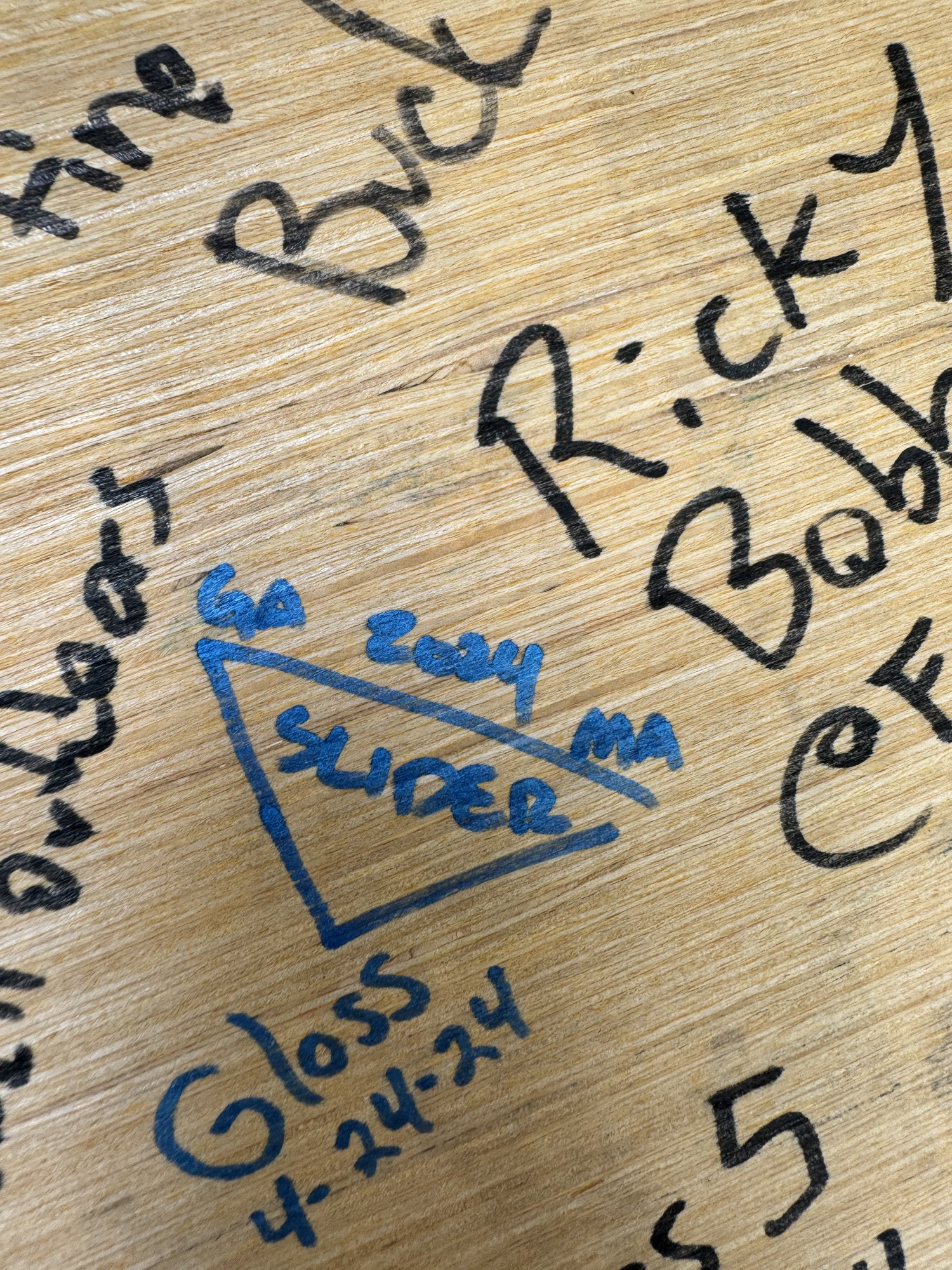
Day 26 – Stealth site about 13 miles from Erwin, TN to Uncle Johnny’s Hostel
The first rain storm last night led to 3-4 others about an hour apart, some with some pretty rowdy thunder and lightening (one that seemed pretty close) and a tree falling at about 4 AM (no one was hurt 😝). As a result I didn’t get too much sleep so when 6:30 rolled around I…
-
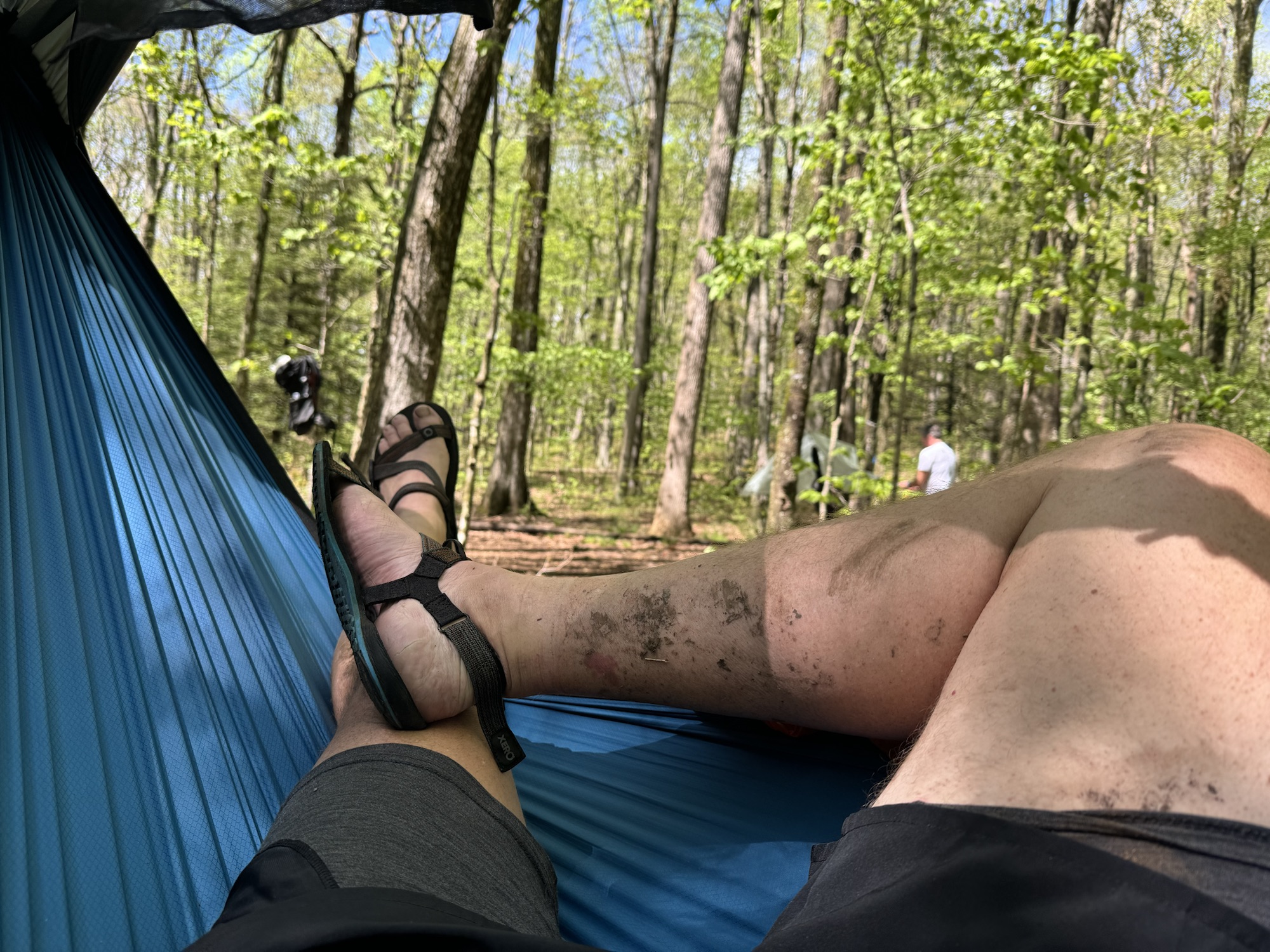
Day 25 – Hogback Ridge Shelter to stealth site about 13 miles from Erwin, TN
One thing I forgot about last nights shelter: the walk to the water added at least another mile to the total for the day. In have seriously never seen water so far away from a permanent shelter. Whew, ok with that out of the way, today was a weird weather day. We left camp about…
-

Day 24 – stealth site by Jones Meadow to Hogback Ridge Shelter
Well that wasn’t that bad! The worries about the weather were unfounded – it ended up being a beautiful day for hiking. A little cloud cover, lower humidity and great temps. That combined with some of the flattest and best terrain (for the first 3/4 anyway) let us put in a 20 mile day on…
-

Day 23 – Rich Mountain Camp to a stealth site by Jones Meadow
The word of the day today was: moist. It rained lightly overnight on and off. We got lucky in that it let up around wake up and breakfast time. But it was cloudy and on and off rainy all day. Honestly it was a little welcome since it made some of the climbs a little…
-

Day 22 – Stealth camp site about 7 miles from Hot Springs to Rich Mountain camp
Today was a hike sandwich with a town stop in between. I woke pretty early after not sleeping well from about 4 on. It was supposed to rain today, but not until 11 so I had not put up my rain tarp. The sound of anything hitting my hammock cover made me convinced it was…
-
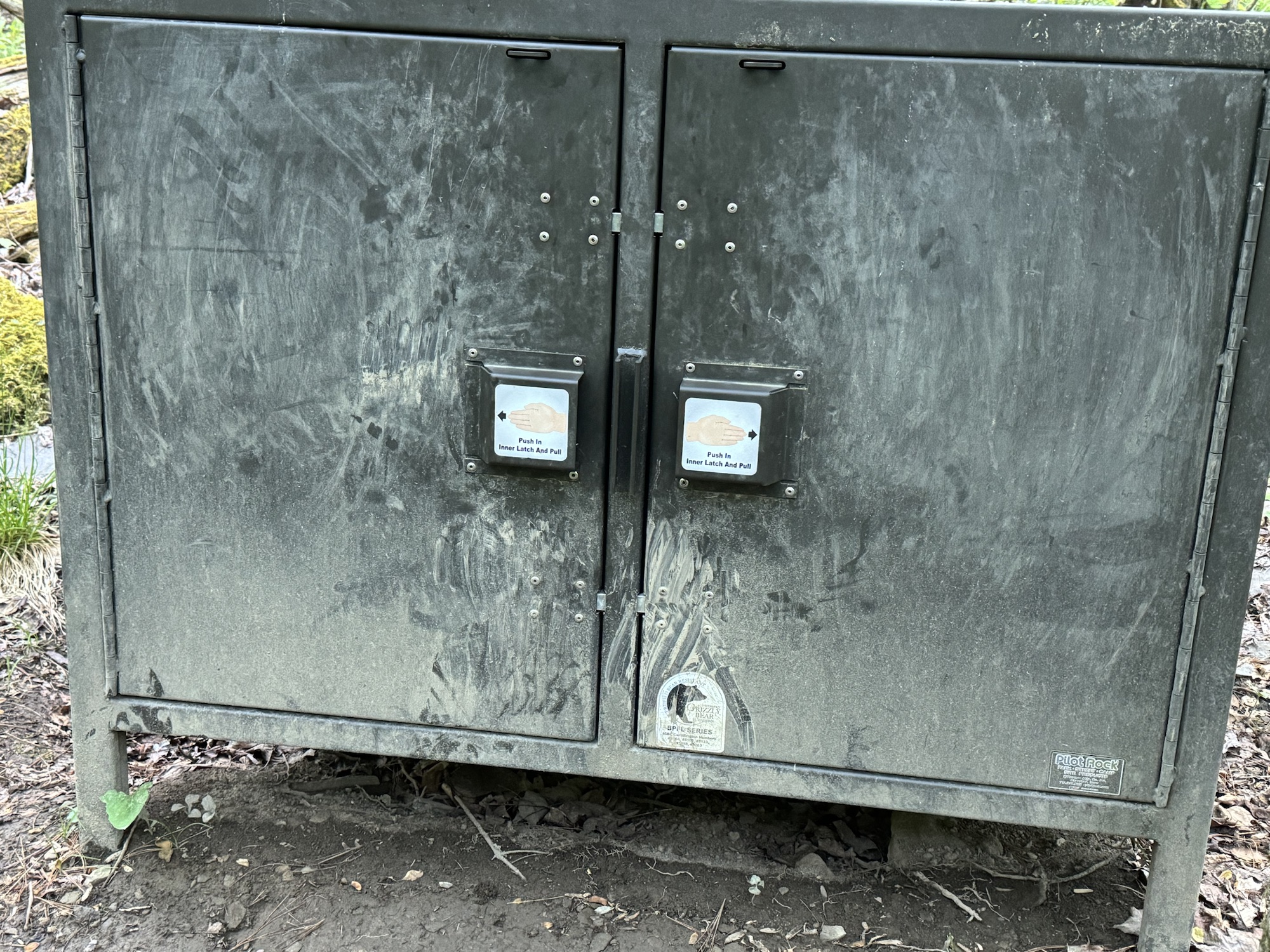
Day 21 – Groundhog creek shelter to a stealth camp site about 7 miles from Hot Springs
Today was another big day. Thanks to some easy terrain and some perfect weather, I covered nearly 19 miles in 10 and a half hours. I’m setup to be able to roll into Hot Springs tomorrow early afternoon and get a shower, do some laundry, eat and resupply (always do it in that order lest…
-
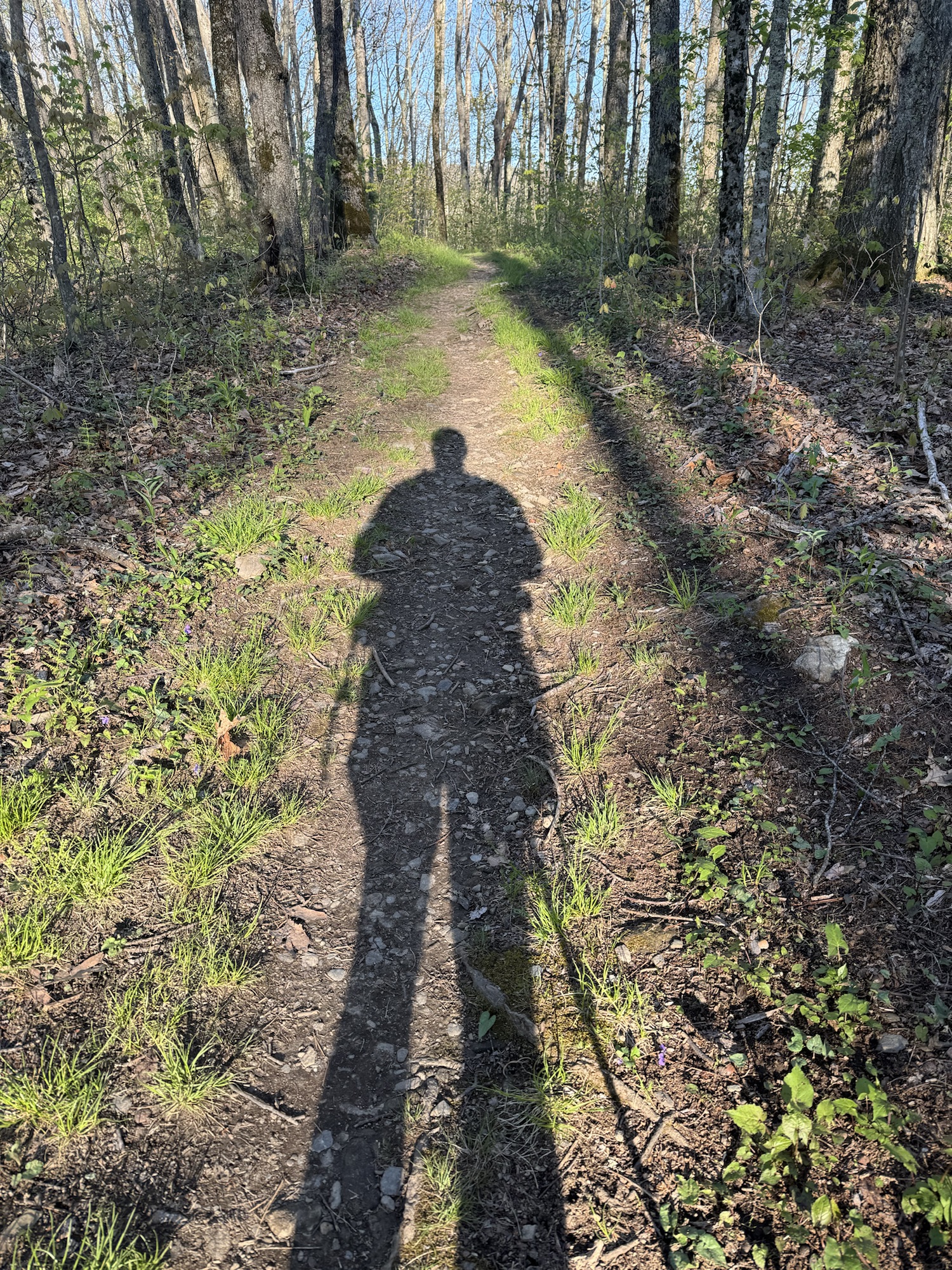
Day 20 – Cosby knob shelter to Groundhog creek shelter
Today was a fun, but long day. I left last night’s camp a little after 8 and rolled in to tonight’s camp around 8:30. 12+ hours on trail and nearly 18 miles (more if you count the side trips I’ll get into below). My initial plan was only 16 miles, but the creek near that…
-
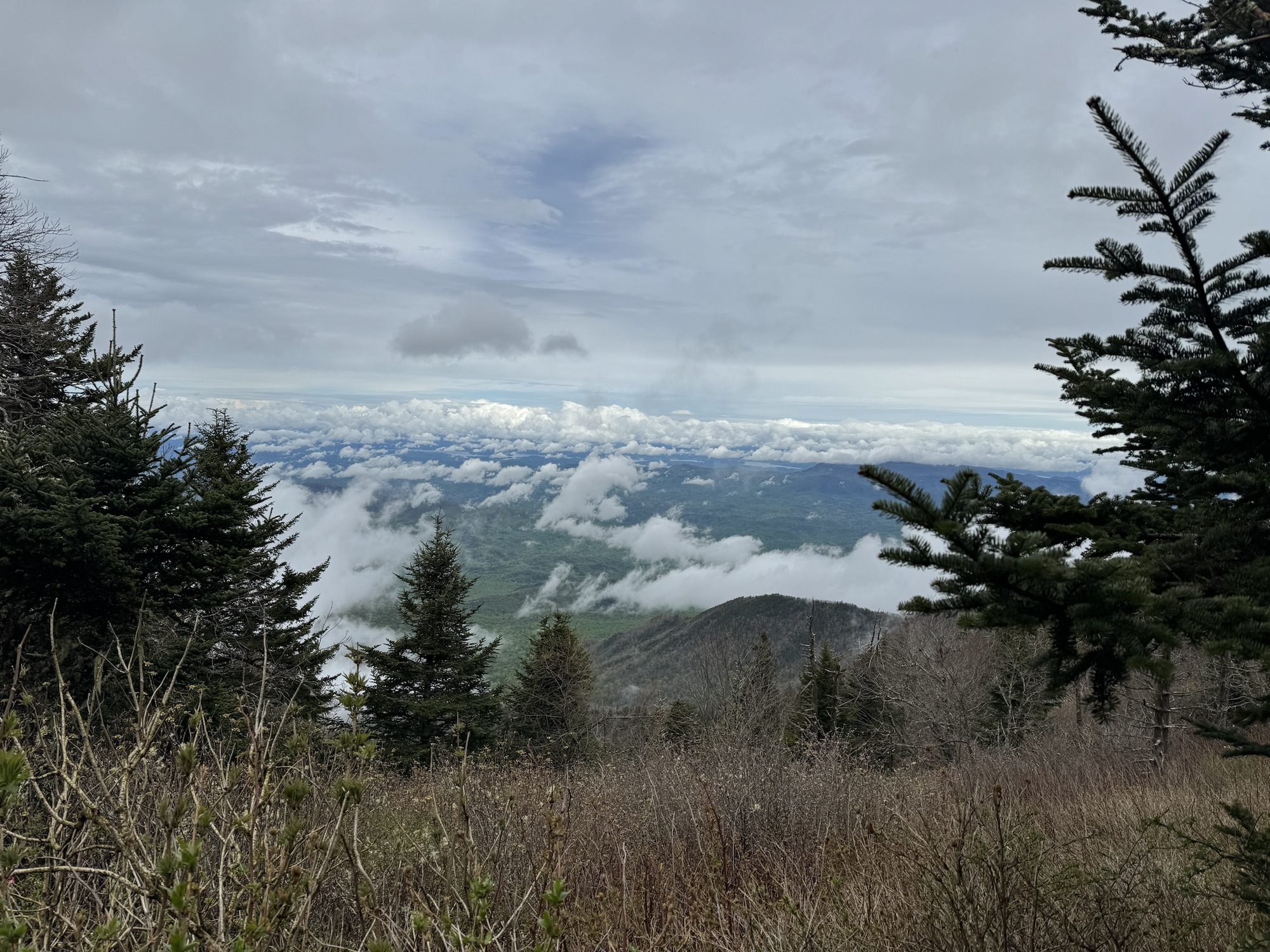
Day 19 – Pecks corner shelter to Cosby knob shelter.
I woke up around 6:30 (for the second time – the first was around 3:30 when someone decided to get a really early start on the day and was getting their bear bag down from the cables). I wanted to laze a bit, but I had the forecast from the night before in mind, so…